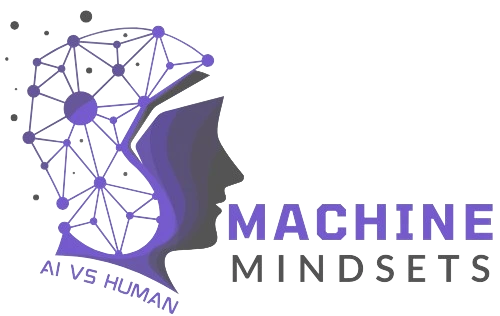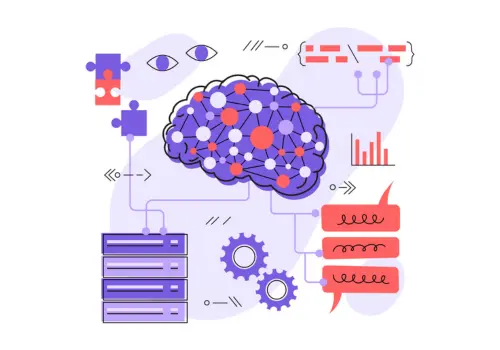As we stand at the forefront of the technological revolution, the integration of Artificial Intelligence (AI) into various aspects of our lives raises profound ethical considerations. This blog post explores the ethical dimensions of AI development and deployment, aiming to shed light on the challenges and responsibilities that come with shaping the future of intelligent technologies.
Table of contents :
Bias and Fairness :
One of the foremost ethical concerns in AI is the presence of bias in algorithms, leading to discriminatory outcomes. Developers must grapple with the challenge of ensuring fairness, addressing issues related to gender, race, and other demographic factors.
Achieving unbiased AI requires a commitment to diverse and representative data sets, as well as ongoing monitoring and adjustments to mitigate unintended consequences.
Transparency:
Transparency in AI systems is crucial for building trust among users. Ethical considerations necessitate clear communication about how algorithms operate and make decisions. Developers should prioritize openness, providing insights into the decision-making processes of AI models to ensure accountability and understanding.
AI Development Privacy Concerns:
The ethical implications of AI on privacy cannot be overstated. From data collection to surveillance, responsible handling of sensitive information is paramount. Striking a balance between leveraging data for AI advancements and protecting individual privacy requires robust policies and safeguards.
AI Development Accountability and Responsibility:
As AI becomes increasingly integrated into critical systems, the issue of accountability comes to the forefront. Developers, organizations, and policymakers must shoulder the responsibility for the consequences of AI errors or unintended outcomes. Establishing clear lines of accountability is essential to address the ethical dimensions of AI deployment.

Informed Consent :
Obtaining informed consent in AI applications is a complex ethical challenge. Users may not always fully understand the implications of data usage or algorithmic decision-making. Striking a balance between innovation and respecting user autonomy requires transparent communication and user-friendly interfaces that empower individuals to make informed choices.
Job Displacement and Economic Impact:
The ethical considerations of AI extend to its impact on employment and the economy. Job displacement due to automation raises concerns about the livelihoods of workers. Ethical AI development involves not only mitigating job displacement but also actively contributing to strategies that address the broader economic impact on society.
AI Development and Deployment Conclusion :
In conclusion, the ethical landscape of AI development and deployment is intricate and multifaceted. Addressing bias, ensuring transparency, safeguarding privacy, and navigating the economic impact are critical aspects of responsible AI practices.
As we continue to innovate, it is imperative to approach AI with a commitment to ethical considerations, fostering a future where intelligent technologies benefit humanity without compromising our values.

